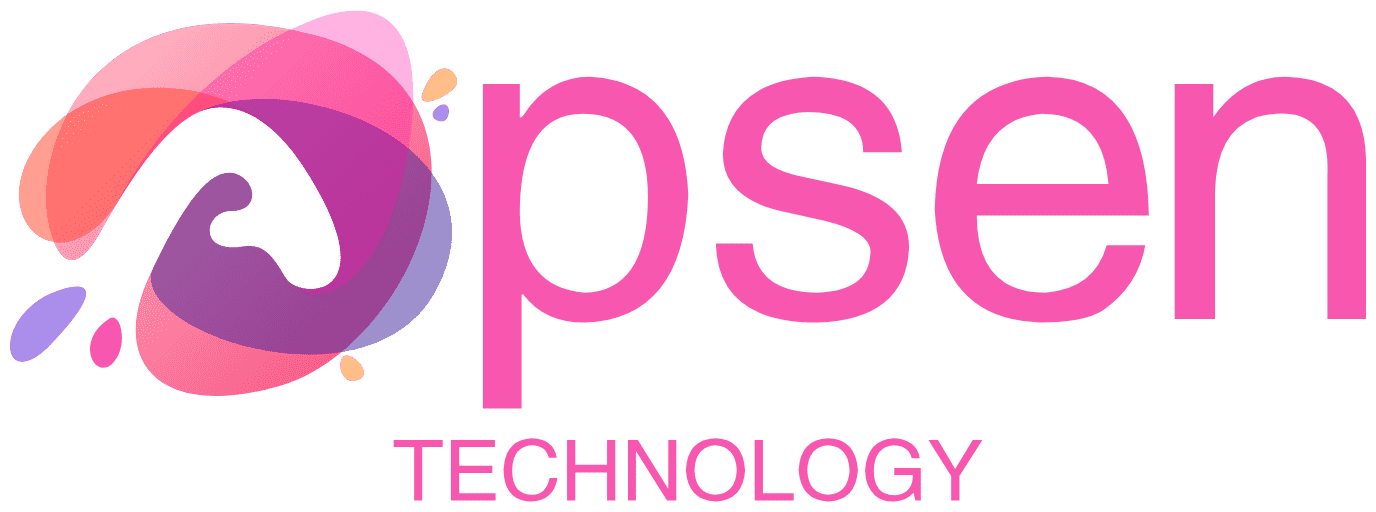Lithium Batteries for Solar Power Storage,Lithium storage batteries is a battery technology that uses solar energy to convert energy into electricity. It uses lithium ions as the active material of the battery and converts solar energy into electricity through the photovoltaic effect. Lithium solar cells are widely used in solar power generation systems and energy storage systems, becoming an important part of the renewable energy field. Lithium solar cells act as a rechargeable energy storage solution that can be paired with a solar system to store excess solar energy. Lithium-ion batteries are commonly used in rechargeable electronics such as cell phones and electric vehicles (EVs).
Lithium storage batteries have several advantages over other types of solar cells. The reason why the introduction of lithium-ion solar cells has rocked the solar industry is because the technology offers several advantages over lead-acid batteries. First, lithium solar cells have high energy density and high efficiency. Lithium-ion batteries have high energy density and can store more energy in a relatively small volume and weight, thus providing longer battery life and higher energy output. Second, lithium solar cells have long cycle life and low self-discharge rate. They can go through thousands of charge and discharge cycles, and they maintain low energy loss even when they are not used for long periods of time. In addition, lithium solar batteries charge relatively quickly and can be fully charged in a short time. Although the initial investment of lithium batteries tends to be higher than that of lead-acid batteries, their superior performance and longevity make them ideal for both off-grid and grid-connected applications.
In our lives, lithium-ion technology is widely used in common rechargeable products such as mobile phones, golf carts and electric vehicles. Most lithium storage batteries are deep cycle lithium iron phosphate batteries. They use lithium salts to produce highly efficient and long-lasting battery products. Since they are deep cycle batteries, the product will work well even if the attached solar panel experiences inconsistent charging and discharging.
However, lithium solar cells also have some disadvantages. First, high cost is one of its main limiting factors. Lithium-ion batteries tend to be the most expensive battery storage option, especially when compared to lead-acid batteries. While lead-acid batteries may be less expensive, they must be replaced more frequently than long-lasting lithium-ion batteries. The relatively high production cost of lithium solar cells limits their popularity in large-scale applications. Second, lithium solar cells require specific management and maintenance. Overcharging or overdischarging can be detrimental to battery life, so strict charge and discharge control is required to prolong battery life. In addition, the ambient temperature of the lithium solar battery will also affect its performance. Too high or too low temperature may reduce the efficiency and life of the battery.
Although lithium solar cells are widely used in solar power generation systems, lithium iron phosphate batteries are considered as one of the best solar cells. Lithium iron phosphate battery is a type of lithium ion battery, which has high safety and long cycle life. Compared with other lithium batteries, lithium iron phosphate batteries are more stable and less prone to safety issues such as overheating, burning or explosion. At the same time, the cycle life of lithium iron phosphate batteries can reach several thousand times, which is suitable for long-term stable energy storage and release.
A solar energy storage system is a system that uses solar cells to convert solar energy into electrical energy and store it for subsequent use. Such systems typically include components such as solar panels, lithium solar cells, inverters, and energy storage controllers. Solar panels convert solar energy into DC electricity, which is then converted to AC by an inverter for home, commercial or industrial use. At the same time, the energy storage controller is used to monitor the charging and discharging status of the battery, and control the storage and release of energy to ensure the efficient operation of the system.
lithium energy storage batteries for solar power systems have several advantages. First, they use solar energy as a renewable energy source, reducing dependence on traditional fossil fuels and helping to reduce carbon emissions and environmental pollution. Secondly, the solar energy storage system can store excess electricity and provide continuous power supply at night or on cloudy days to achieve a stable supply of energy. Additionally, solar energy storage systems are relatively simple to install and maintain, making them suitable for applications of all sizes, from individual residences to large commercial and industrial sites.
However, solar energy storage systems also have some challenges and limitations. First, the energy conversion efficiency of solar panels is limited, which is affected by weather conditions and sunlight intensity. At night and on cloudy days, the power generation capacity of solar cells is weakened and may not be able to meet the full power demand. Secondly, the cost of solar energy storage system is relatively high and requires large investment. Although the cost of solar technology continues to decrease, economic challenges remain for certain regions and applications.
In general, Lithium Batteries for Solar Power Storage, as an important part of solar power generation and energy storage systems, have the advantages of high energy density, high efficiency and long life. As one of the best solar cells, lithium iron phosphate battery has high safety and stability. Solar energy storage systems convert solar energy into electricity and store it for subsequent use, reducing dependence on traditional energy sources and contributing to sustainable development. However, solar energy storage systems still face some challenges, including limitations in energy conversion efficiency and cost. With the continuous advancement of technology and the reduction of costs, solar energy storage systems are expected to be more widely used and promoted in the future.


